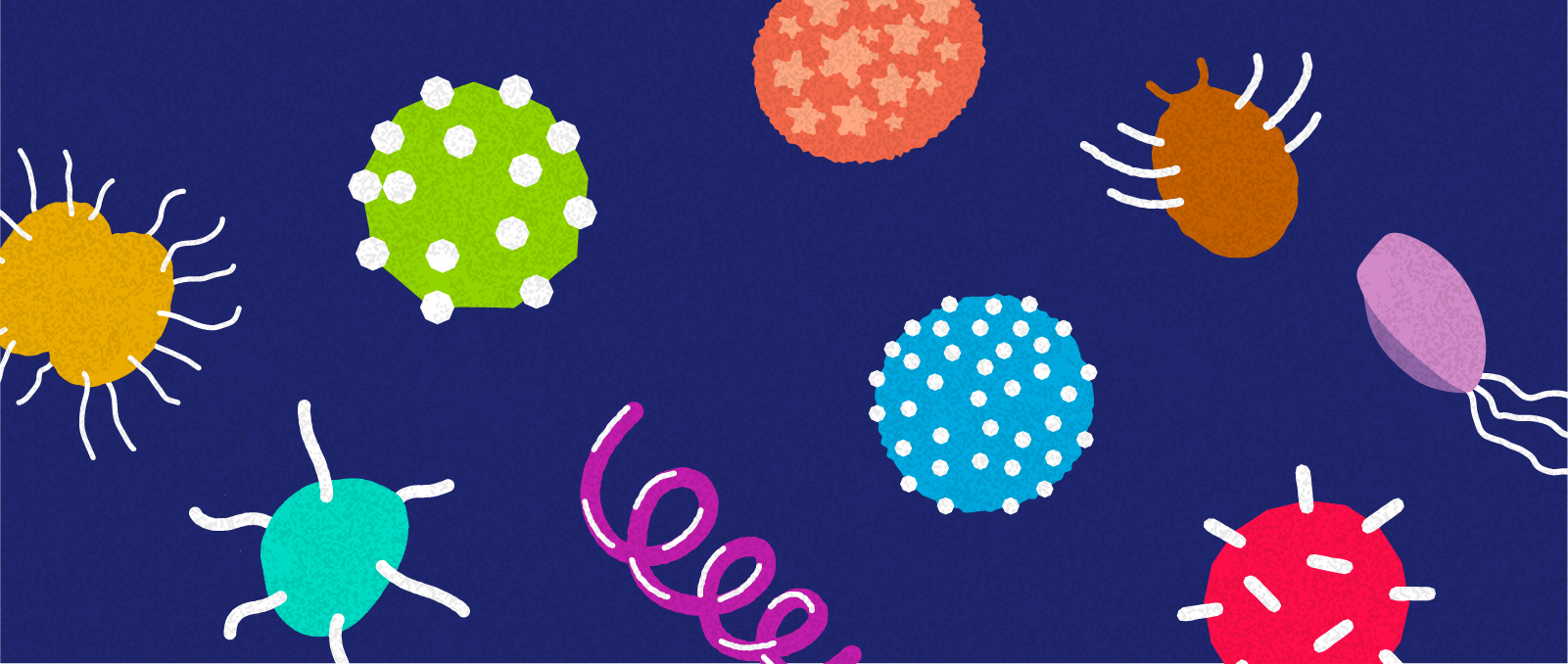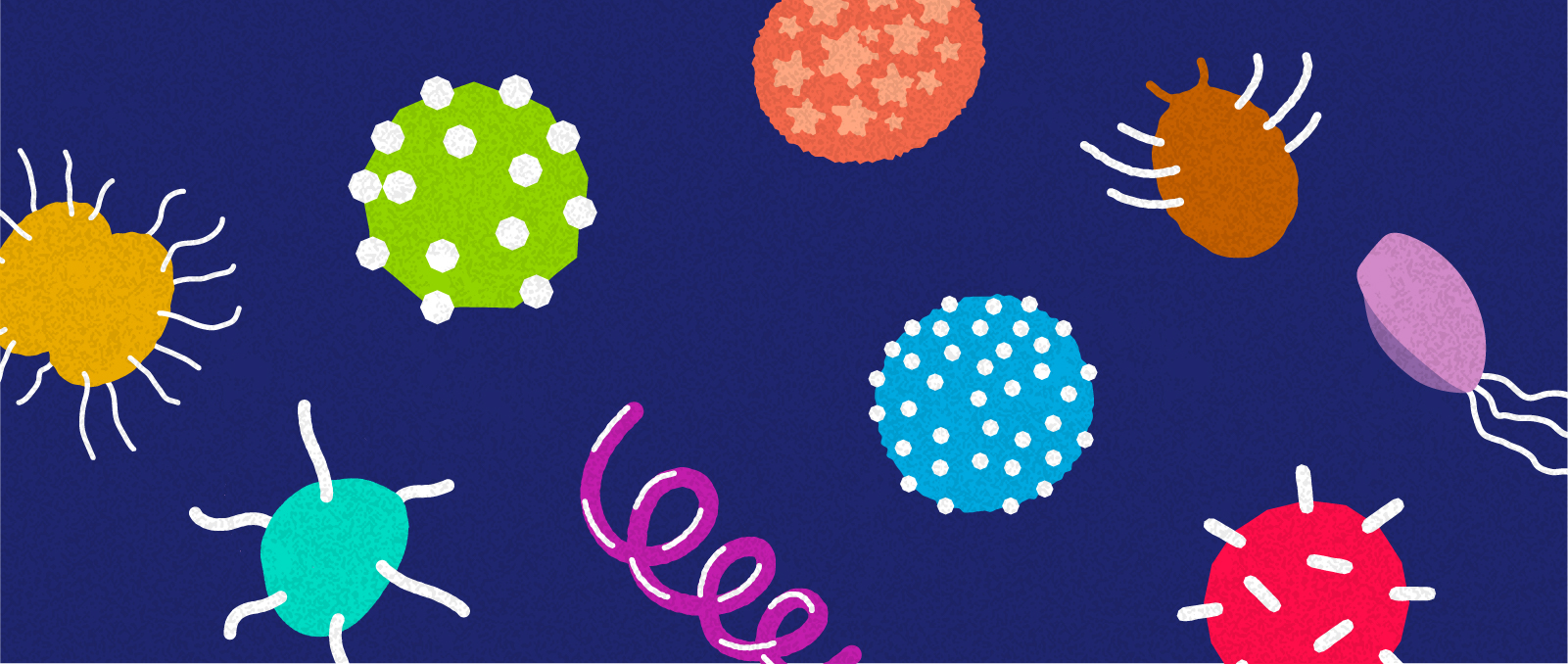Syphilis is a sexually transmitted infection (STI) caused by a bacteria called treponema pallidum and is easily passed from one person to another through vaginal, anal or oral sex without a condom and sharing sex toys without washing them or covering them with a condom with each use.
Syphilis can also be passed to babies during pregnancy but can be treated. If left untreated it can cause complications during pregnancy, including miscarriage or stillbirth. During pregnancy, you should be tested for syphilis as part of ante-natal screening.
Syphilis can also be passed on if you are an injecting drug user and you share a needle with someone who is infected.
You cannot get syphilis from casual contact such as kissing or hugging.
While syphilis is less common than other STIs (such as chlamydia), it is on the rise. It can be cured if treated early.
Symptoms
Anyone can get syphilis and the symptoms are usually mild, which may lead to some people ignoring them. Unless someone with syphilis is treated, they can pass syphilis on for up to two years after infection. The symptoms develop in three stages:
Stage one: primary syphilis
The first symptom is often a singular, small, painless – but highly infectious – sore called a chancre, which may appear two to four weeks after being exposed to the bacteria. The chancre will normally appear on the area where the infection entered the body such as the vagina, penis or anus. It may also appear on your lips, tonsils, hands or buttocks.
The sore usually heals and disappears after two to six weeks, so it may be tempting to ignore it, but syphilis can still be transmitted during this stage. If left untreated the bacteria can also spread to other parts of the body and the infection moves onto the second stage.
Stage two: secondary syphilis
This stage often begins a few weeks after the chancre has disappeared. Even without the chancre, syphilis is still infectious and can be passed on. A common symptom is a non-itchy rash, often on the palms or soles of your feet. Other symptoms may include flu-like symptoms (such as headaches, fever, joint pain and tiredness), swollen glands in your neck, armpits or groin, weight loss, and patchy hair loss.
These symptoms may disappear after a few weeks or can come and go over a period of weeks or months. When the symptoms have disappeared, you move into the latent (hidden) phase. This stage can last for years.
Stage three: tertiary syphilis
While serious, it is rare for people to reach this stage. It can develop years or even decades after the first infection, and the symptoms will depend on where the infection has spread to. Syphilis at this stage can be dangerous enough to cause death.
Testing
Testing for syphilis is often done by taking a blood sample. When the body’s immune system reacts to syphilis, it produces antibodies (infection-fighting proteins), and the blood test looks for those antibodies. However, these antibodies may not be detectable until three months after infection. If you have been diagnosed and treated for syphilis previously, additional blood tests may be required as these antibodies will stay in your body.
Your healthcare provider may also perform an examination to look for the signs of syphilis. This may include an internal examination of the vagina and possibly of the anus. They may also look in your mouth and throat for skin rashes.
If you have a sore (or chancre) then the healthcare provider may take a swab to collect a sample of the fluid. Taking the swab should not be painful. This will then be sent to a lab for testing.
Treatment
Syphilis is usually treated with a single antibiotic injection or a course of injections. This treatment is very effective for both first and second stage syphilis and should cure it.
Syphilis can also be treated and cured in the latent and third stages, but treatment may not reverse damage that has already been done to your body.
You should avoid having vaginal, anal or oral sex and any skin contact until you have been given the all-clear, to prevent you being re-infected or passing the infection on.
If possible, it is important that you tell any recent sexual partners that you are being treated for syphilis, so that they can get tested and treated if they also have infection.
Prevention
The best way to prevent the transmission of syphilis is to use contraception such as condoms every time you have vaginal, anal, or oral sex, and by avoiding sharing sex toys. When used correctly and consistently, condoms are one of the most effective methods of protection against syphilis and other STIs (including HIV).
It's also a good idea to get tested before each new sexual partner or every three to six months.
Learn more about different types of STIs and their symptoms, treatment, and prevention
when
Subject
HIV and STIs










